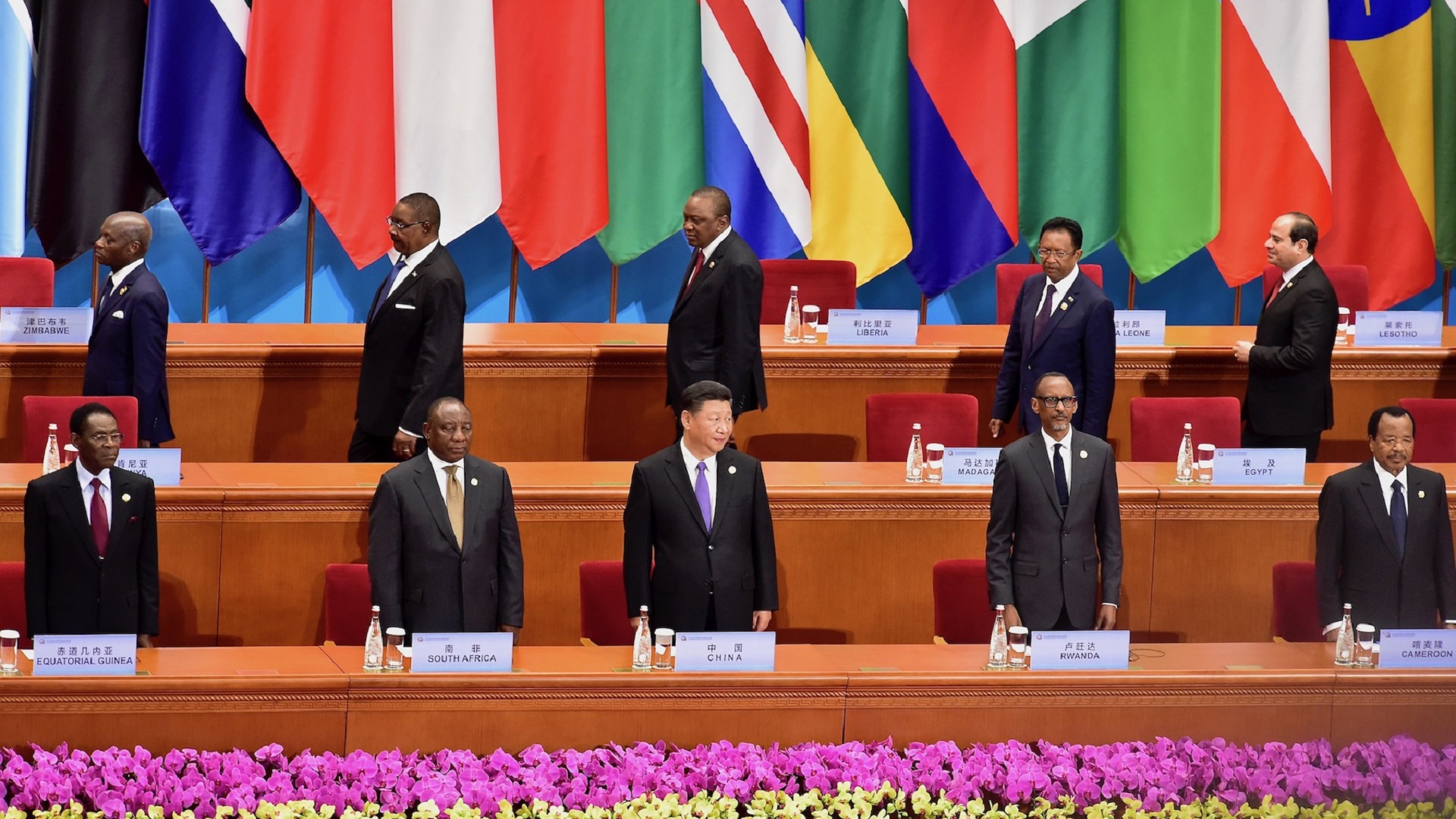
China fails to provide debt relief to Africa, but it does commit additional funds
This week, China refrained from offering the debt relief that numerous African nations were seeking. However, it did commit 360 billion yuan ($50.7 billion) in credit lines and investments over the course of three years..
The Forum for China-Africa Cooperation (FOCAC), which was established in 2000, assumed a more significant role following the 2013 inception of President Xi Jinping’s Belt and Road Initiative (BRI). This initiative is designed to resurrect the ancient Silk Road for the world’s second-largest economy and the largest bilateral lender to Africa.
“China is regaining the lead in the overseas deployment of capital in the emerging markets,” stated Hasnain Malik of Tellimer. However, he also noted that it has not yet reached pre-COVID levels.
China has also endeavored to employ FOCAC to mitigate the increasing competition in Africa from the United States, the European Union, Japan, and other entities.
Diplomats and delegates from various countries convened in the Great Hall of the People in Tiananmen Square in Beijing to participate in a group photo with leaders from over 50 African countries and Chinese officials, led by Xi.
The new financial pledge surpasses the amount that Beijing pledged at the most recent FOCAC in 2021, but it falls short of the $60 billion pledged in 2015 and 2018, which represented the zenith of lending to Africa under the Belt and Road Initiative.
The construction of roads, railways, and bridges was financed by Beijing during those prime years. However, the lack of funding since 2019 has resulted in the stagnation of construction projects in Africa.
China stated that the new funds will be allocated to 30 infrastructure projects that will enhance trade connections, but it did not provide any further information.
The estimated annual infrastructure funding deficit of $100 billion in the 54-nation continent of more than 1 billion people necessitates the establishment of transport connections in order to realize a new, massive pan-African trade bloc (AfCFTA).
In recent years, Beijing has reduced financing for such projects in favor of “small and beautiful” projects, primarily as a result of its own domestic economic pressures and an increase in debt risks among African countries.
When asked how the new commitments align with China’s current cautious overseas lending strategy, a spokesperson for the foreign ministry stated that there was no contradiction.
“The cooperation between China and African countries, including the specific implementation of projects, is discussed and determined by both sides,” Mao Ning, a foreign ministry spokesperson, stated at a regular news conference on Friday.
SWAPS IN CURRENCY
In addition, China announced that it will initiate 30 renewable energy projects in Africa, collaborate on nuclear technology, and address a power deficit that has impeded industrialization efforts.
“The FOCAC summit’s results indicate a boost for renewable energy installations and green projects,” stated Goolam Ballim, the head of research at Standard Bank in South Africa.
“China has emerged as a global leader in wind and solar energy,” Ballim stated, citing its ability to manage substantial supply chains and decrease production costs.
Others were skeptical.
“The issue is not so much the size of the investments as it is the lack of transparency surrounding the terms of the debt,” stated Trang Nguyen, global director of emerging markets credit strategy at French bank BNP Paribas.
The success of countries that owed a significant portion of their debt to China was less clear-cut, as China did not explicitly offer assistance to those who were struggling with repayments.
In contrast, Beijing encouraged other creditors to “engage in the management and restructuring of African countries’ debts in accordance with the principles of fair burden-sharing and joint actions.”
African leaders who were anticipating the signing of substantial agreements for their respective countries were compelled to make less extravagant announcements.
Mauritius and Ethiopia have established new currency exchange lines with the central bank of China. Kenya reported that negotiations regarding the reopening of lending channels for critical projects, such as its modern railway, which serves as a regional connector, have progressed.
However, there was still a sense of optimism among certain individuals, who welcomed China’s heightened commitments to Africa’s security, humanitarian challenges, and other non-financial matters.
Tanzania’s President Samia Suluhu stated on her X account that China-Africa relations are at their most favorable point in history, following nearly seven decades of diligent effort.
($1 is equivalent to 7.0844 Chinese yuan renminbi)
All Categories
Recent Posts
Tags
+13162993331
zoneyetu@yahoo.com



